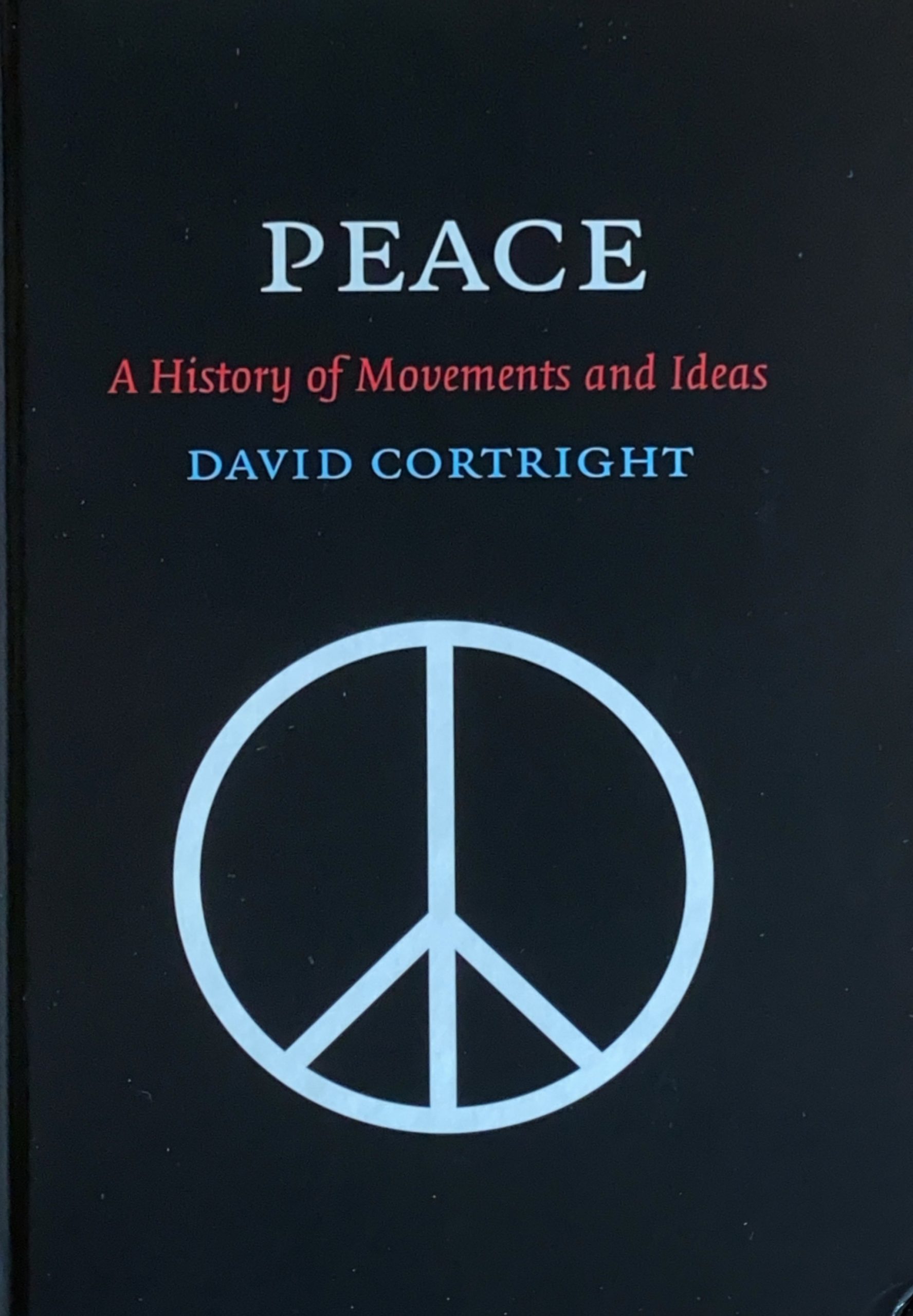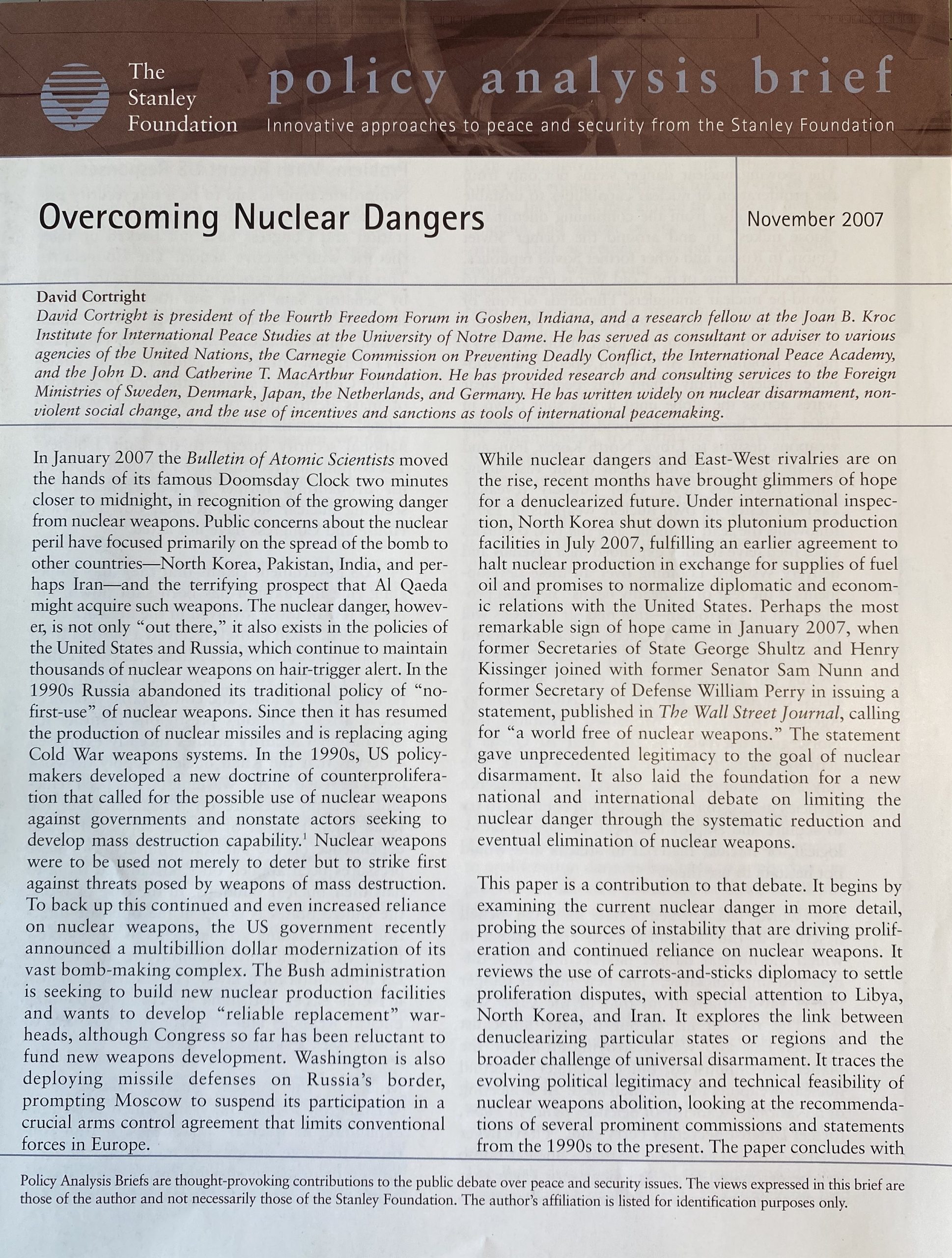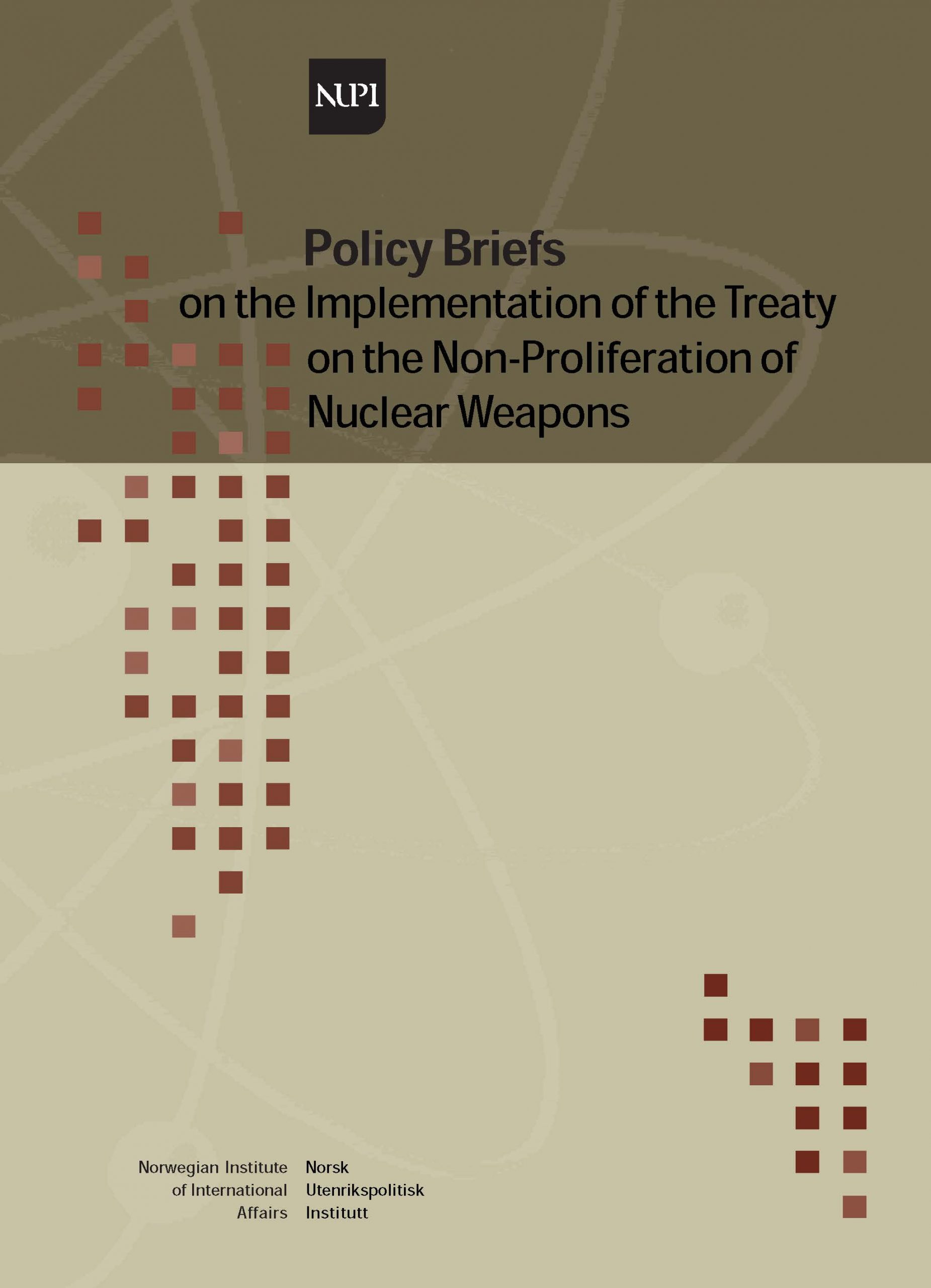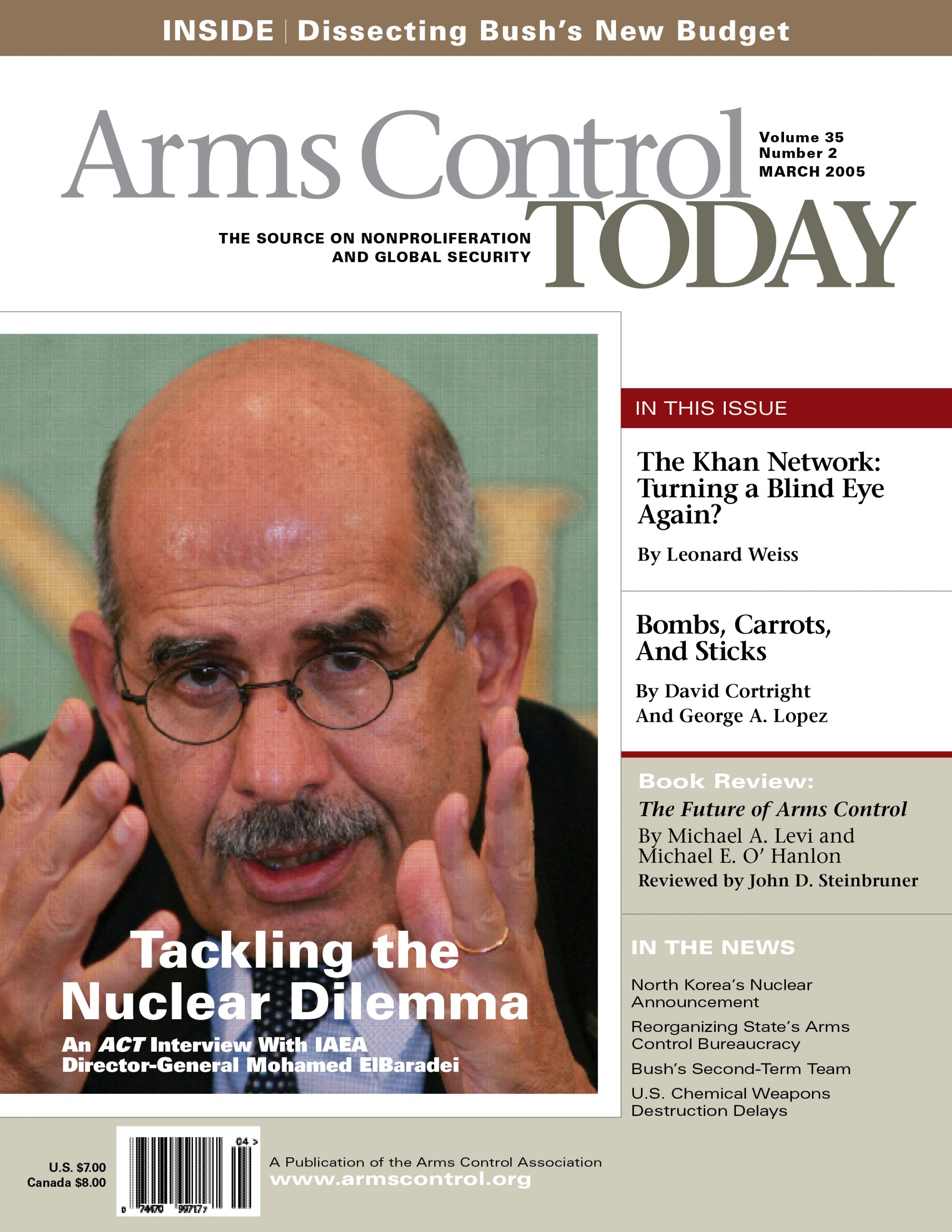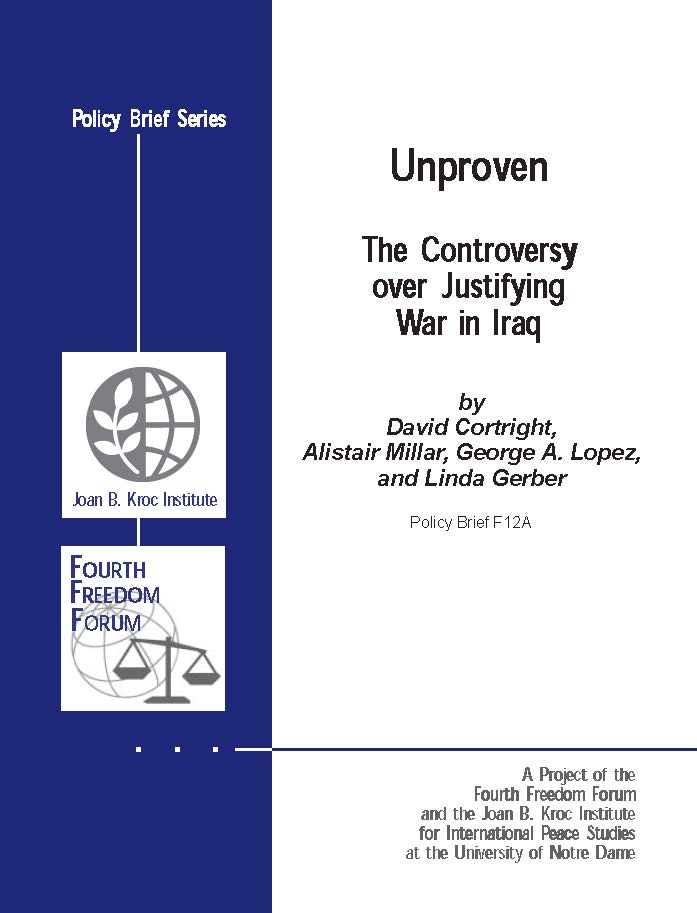Towards Nuclear Zero
Book — 2010
This Adelphi study examines practical steps for achieving progress toward disarmament, assessing the challenges and opportunities associated with achieving a world without nuclear weapons. It places the current debate over abolition in the context of urgent non-proliferation priorities, such as the need to prevent nuclear weapons from falling into the hands of extremist regimes and terrorists. It distills lessons from states that have already given up nuclear programmes and from the end of the Cold War to suggest ways of countering the efforts of Iran and North Korea to acquire nuclear weapons. For the longer term, it offers policy recommendations for moving towards a reduced global reliance on nuclear weapons.



